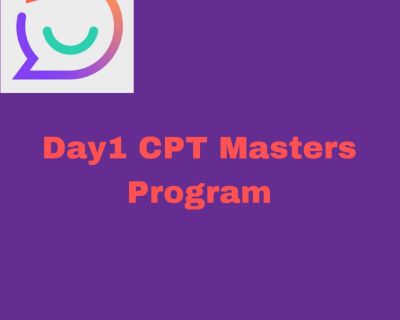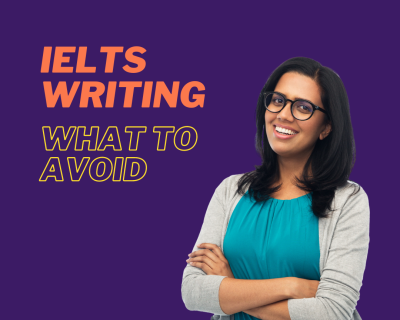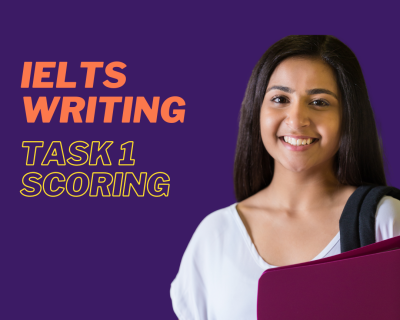Introduction
In the world of English language proficiency tests, the International English Language Testing System (IELTS) holds great importance. It is widely recognized and accepted by educational institutions, employers, and immigration authorities as a reliable measure of an individual’s English language skills.
The IELTS test assesses candidates in four key areas: Speaking, Listening, Reading, and Writing. Among these sections, the IELTS Speaking test plays a crucial role in evaluating a candidate’s ability to communicate effectively.
Understanding the IELTS Speaking Test
The IELTS Speaking test is an oral interview conducted by a certified examiner. It consists of a series of three parts designed to assess your fluency, coherence, grammar, vocabulary, and pronunciation. One important aspect of the test is the duration of your responses. The examiner expects you to speak for a minimum of two minutes for each question or task.
Does Speaking for Less than 2 Minutes Impact Your Score?
Speaking for less than the allotted time can indeed have a negative impact on your overall score. Examiners evaluate candidates based on specific criteria, such as fluency and cohesion. Speaking for less than two minutes may prevent you from fully demonstrating your language skills and meeting these criteria.
It is important to note that examiners are trained to assess the quality and content of your response, not the duration alone. However, speaking for a shorter duration can limit your ability to showcase your language abilities and may result in a lower score.
To better understand the impact, let’s take a look at a couple of case study examples:
Case Study 1: Short and Incomplete Response
Imagine you are asked to describe your favorite hobby for the IELTS Speaking test. If you speak for less than two minutes, providing only a brief description without expanding on your thoughts, the examiner may perceive your response as incomplete.
While there may be some positive aspects in terms of grammar and vocabulary, your overall score may suffer due to the lack of sufficient content and development.
Case Study 2: Limited Language Range
In another scenario, if you speak for less than two minutes but manage to cover all the required points, your score may still be affected due to limited language range. The IELTS test examines your ability to use a wide range of vocabulary, idiomatic expressions, and grammatical structures.
By speaking for a shorter duration, you may limit your chances of showcasing your diverse language skills, leading to a lower score in this criterion.
Strategies to Maximize Your Speaking Time
To make the most of your speaking time in the IELTS test, consider implementing these effective strategies:
Technique #1: Elaborating on Ideas
When answering a question, ensure that you elaborate on your ideas. Instead of providing short, concise answers, strive to extend your responses by adding relevant details, examples, and explanations. This will not only help you surpass the two-minute mark but also provide a clearer picture of your language proficiency.
Technique #2: Properly Structuring Your Responses
Start your response with a clear introduction, followed by supporting paragraphs, and conclude with a concise summary. By structuring your answers in this manner, you will naturally consume more speaking time while maintaining coherence and clarity.
Technique #3: Practice Extending Speaking Time
Regular practice is essential to become comfortable with speaking for longer durations. Engage in mock interviews, record yourself, and work on gradually increasing your speaking time. This will help build your confidence and ensure that you are well-prepared for the IELTS Speaking test.
Verbal Filling Ideas: Strategies to Buy More Time
In addition to extending your responses, there are certain techniques that can help you buy more time during the speaking test:
The Art of Paraphrasing
When you come across a question or topic that you need more time to think about, use the art of paraphrasing. Rephrasing the question in your own words allows you to buy a few extra seconds while demonstrating your language skills.
Using Examples and Illustrations
When discussing a particular topic, incorporating examples and illustrations can not only support your ideas but also help you extend your response. Describing real-life situations, personal experiences, or hypothetical scenarios can significantly contribute to your speaking time.
Using Expressive Language and Descriptive Techniques
To make your responses more engaging and informative, make use of expressive language and descriptive techniques. By employing vivid adjectives, adverbs, and figurative language, you can create a fuller, more detailed response, thereby increasing your speaking time while impressing the examiner.
Common Mistakes to Avoid in the IELTS Speaking Test
While aiming to maximize your speaking time, be mindful of common mistakes that can negatively impact your score:
Speaking Too Fast to Finish Sooner
Speaking rapidly in an attempt to finish your response quickly can lead to difficulties in pronunciation, coherence, and overall comprehension. Maintain a moderate pace, allowing the examiner to follow your ideas while delivering a well-articulated response.
Giving Irrelevant Answers to Save Time
Attempting to save time by providing unrelated or off-topic answers is a common pitfall. Ensure that your responses are directly related to the questions or prompts given. Maintaining relevance is crucial for a higher scoring in the IELTS Speaking test.
Underdeveloping Key Points Due to Time Pressure
Although time pressure can be intimidating, it is important not to sacrifice the quality and depth of your responses. Avoid rushing through key points and instead focus on delivering a well-structured answer that fully explores the topic at hand.
Successful IELTS Speaking Test Experiences
Let’s explore a couple of real stories from successful test-takers who effectively maximized their speaking time:
Story 1: Maria’s Preparation Pays Off
Maria, a candidate preparing for the IELTS Speaking test, knew the importance of speaking for the full two minutes. She practiced structuring her responses and extending her speaking time by including elaborate examples and personal anecdotes. Her dedication paid off as she successfully scored high in the Speaking section, thanks to her thorough preparation and focused approach.
Story 2: John’s Artful Elaboration
John, another test-taker, mastered the art of elaboration. He carefully listened to each question, reflecting on the topic and organizing his thoughts before responding. By incorporating relevant details and providing comprehensive explanations, he effortlessly surpassed the two-minute mark. John’s ability to articulate his ideas effectively contributed to his exceptional score in the speaking section.
Conclusion
Maximizing your speaking time in the IELTS Speaking test is essential for achieving your desired score. While duration alone is not the sole criterion, speaking for less than two minutes can limit your ability to fully demonstrate your language proficiency.
By implementing strategies such as elaborating on ideas, structuring your responses effectively, and utilizing verbal filling techniques, you can impress the examiner, showcase your language skills, and secure a higher score.
Final Thoughts
We hope these tips have provided valuable insights into the impact of speaking for less than 2 minutes in the IELTS Speaking test. Remember, practice makes perfect!
The more you practice extending your speaking time and incorporating effective strategies, the more confident and prepared you will feel on test day. Share your IELTS speaking test experiences with us and stay tuned for more valuable tips and resources by subscribing to our newsletter.
Good luck on your IELTS journey!

















